Individual investors are increasingly turning to alternative investments to enhance their overall ROI as part of a diversified investment strategy. The typical high-net-worth investor’s portfolio is often dominated by marketable securities, including blue-chip stocks and highly rated bonds, such as treasury bills. For liquidity and short-term working capital, investors typically hold bank deposits, such as money market accounts and short-term CDs, which provide modest yields to cover living expenses and generate short-term returns.
A significant portion of a well-diversified portfolio is also allocated to real estate investments, which include both owner-occupied properties and passive real estate holdings. However, real estate can pose liquidity challenges as it often ties up capital for the long term.
As interest rates remain high in the current market environment, private lending has emerged as a compelling alternative for investors seeking higher ROI with enhanced liquidity. Individual investors are increasingly allocating capital into private loans, either directly or through funds that manage pools of these loans.
In today’s interest rate environment, smaller private loans are priced in the 12% to 13% range (coupon) and typically include multiple points charged to the borrower at closing. Some private lenders also structure deals with prepaid interest, where borrowers pay upfront interest for three months to one year. For example, on a $1,000,000 loan priced at 12% with six months of prepaid non-refundable interest, the private investor earns $60,000 at closing. This structure allows the investor to achieve a cash-on-cash ROI of approximately 18% to 20%, as they can immediately reinvest the prepaid interest.
Reinvestment options for the $60,000 prepaid interest vary depending on risk tolerance:
- Low Risk: Investors can allocate funds to short-term T-bills yielding approximately 5%, ensuring a risk-free return.
- Higher Risk, Higher ROI: Investors can reinvest in additional private loans, yielding returns in the 12% range or higher.
The short-term nature of these private loans (typically one year or less) allows investors to monetize their investment, enabling reinvestment into similar opportunities quickly. This aligns with the “Velocity of Money” principle, where rapid capital turnover enhances overall returns.
Investors allocating part of their portfolio to private loans benefit from:
- High ROI: Annual returns ranging from 12% to 20% or higher.
- Liquidity: Faster turnover compared to real estate investments.
- Flexibility: The ability to reinvest prepaid interest for compounded gains.
While real estate remains a cornerstone of many investment strategies, its long-term nature and potential liquidity challenges make short-term private loans a valuable addition for investors looking to optimize ROI in today’s interest rate landscape.
Recent Posts
Private Lending for Business Owners: Unlocking Liquidity Without Sacrificing Equity
Achieving business growth often requires more than strategy and determination. It requires access to capital. But with tightened credit markets making traditional bank...
Contractors and Private Capital: Financing Growth in Today’s Construction Economy
The construction industry is booming. Demand for new builds, renovations, and infrastructure projects remains high, but the cost of doing business has never...
Using Second Mortgages as Additional Collateral for Construction Loans
Over the past several months, WAC has provided financing for multiple construction projects where second mortgages were a critical part of the overall...

